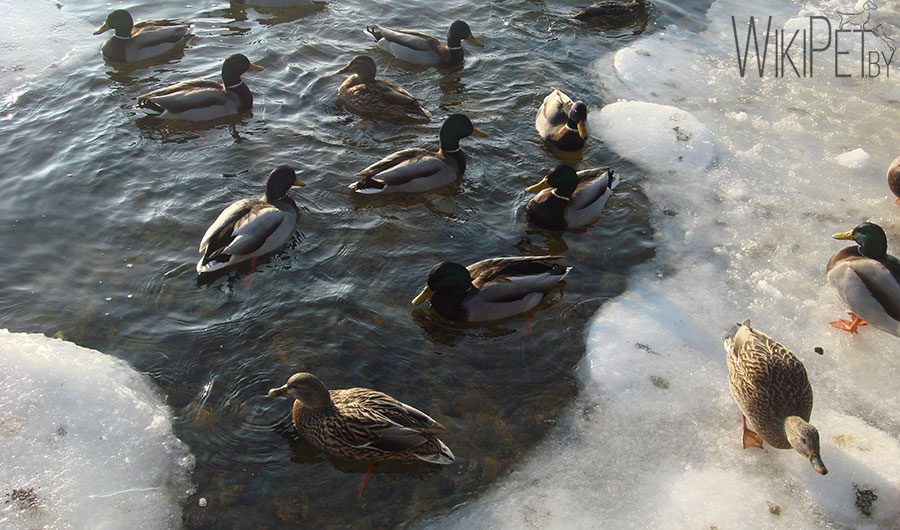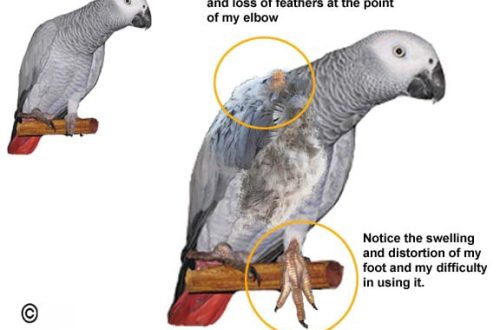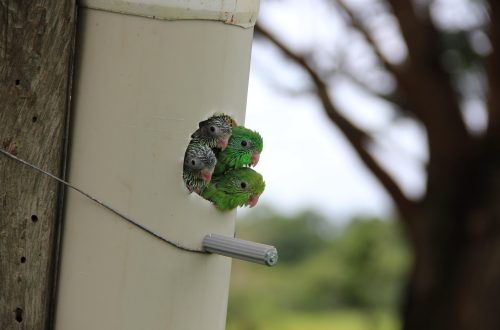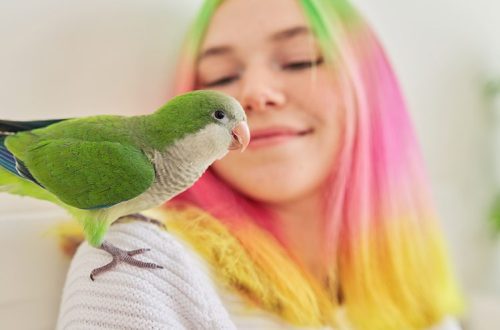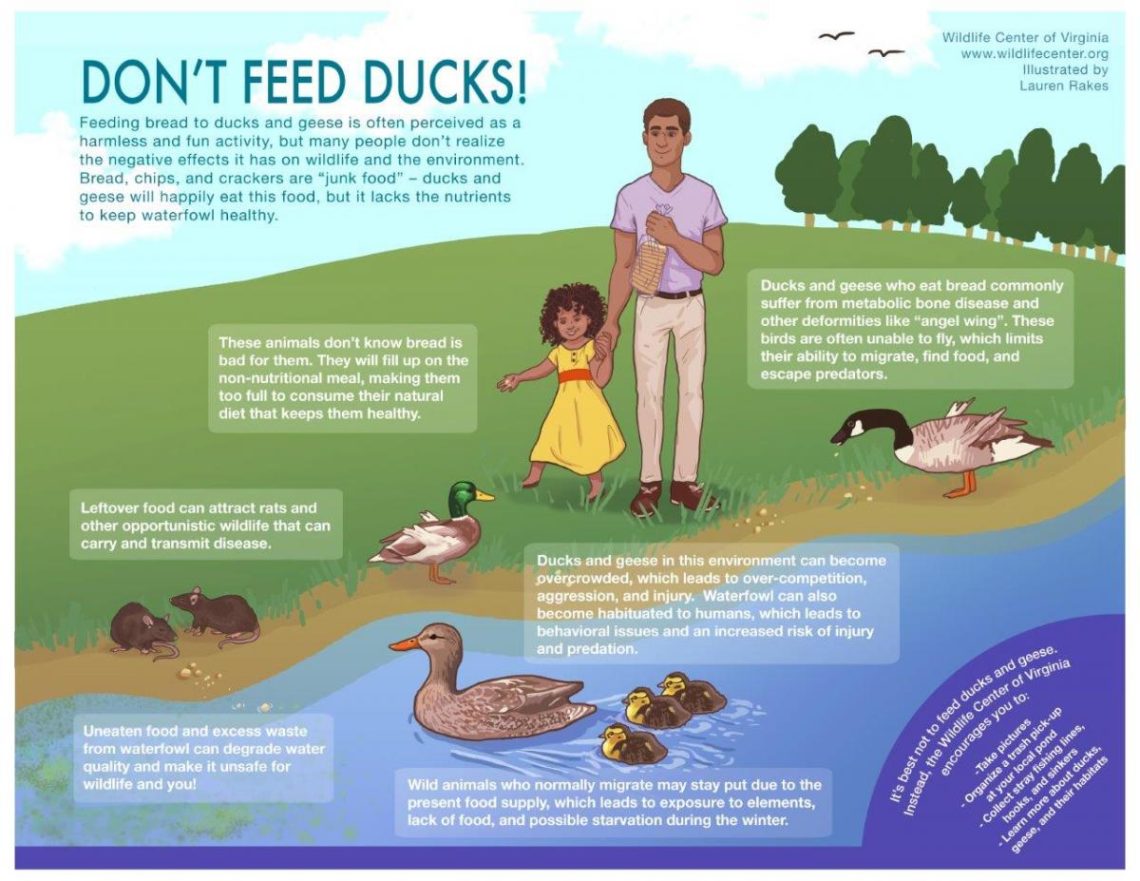
How to feed waterfowl in winter
Often in cities you can see a huge number of waterfowl that did not fly away for the winter. Usually these are mallard ducks, mute swans, sometimes other waterfowl (up to 20 species). Most often, people are to blame for the fact that these birds remain wintering.
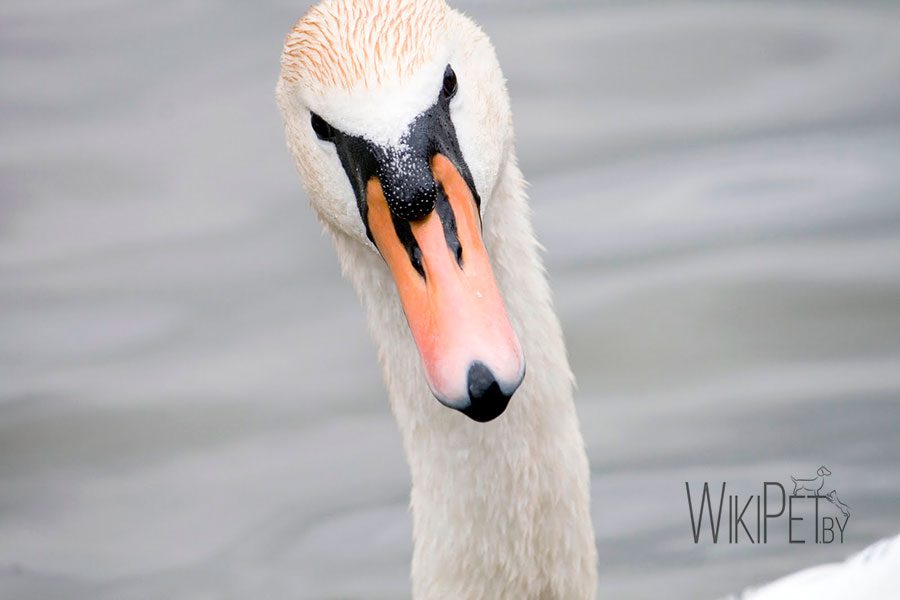
Why swans and ducks winter in the city
There are always a lot of vacationers in parks and city water bodies who always feed these birds. Ducks and swans, in the presence of a constant source of food, decide not to fly to spend the winter and spend energy on it, but remain in their homes and baited places.
Waterfowl can and should be fed only in severe frosts (-15 degrees and below), so that they have time to fly away for the winter and there is no temptation to stay. On an ongoing basis, only weakened and crippled birds can be fed.
If you do not feed such birds on an ongoing basis, they are quite capable of getting their own food in the form of mollusks, looking for various parts and seeds of plants, small crustaceans in the silt. Unfortunately, not many people know how to properly feed waterfowl, so as not to harm. In our city, there are not enough signs or signs in the wintering areas of waterfowl to inform concerned citizens about the correct diet and that their actions can harm the birds.
How to feed waterfowl in winter
I would like to note those products that can be used in the diet for such birds. The best solution would be to use oatmeal with vegetables (boiled and just raw), sprouted cereals (oats, wheat, barley). Soaked and steamed cereals are also suitable. Sometimes you can use compound feed for birds, as well as boiled potatoes.
Do not use white, and especially black bread, as it causes fermentation in the stomach of birds. From such food, the bird may well die due to a deceptive feeling of satiety, the body loses energy and freezes.
In Minsk, there are several organizations that monitor the condition of waterfowl in winter – the Public Organization “Akhova Bird Batskaushchyny”, the Ministry of Emergency Situations, the Zhdanovichi Forestry of the Minsk Forestry Park and the Minsk City Committee of Natural Resources and Environmental Protection. You can call each organization and ask for help if the birds are in real danger.



